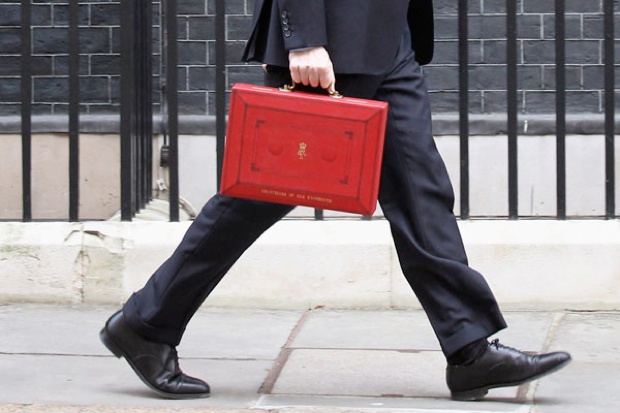We are in the middle of a once-in-a-generation shift: working from home. There are skill shortages across the economy, supply bottlenecks, and empty supermarket shelves. A couple of million people are still set to come off furlough, back into jobs that may no longer exist. The labour market is in utter chaos. But, hey, here’s a good idea. Let’s whack a tax on jobs. Really? The government’s widely leaked plan to increase National Insurance, a tax on jobs, could not come at a worse possible time.
The government’s widely leaked plan to increase National Insurance, a tax on jobs, could not come at a worse possible time
We can all debate whether the government should raise taxes to fund social care. It is a thorny issue that governments have been grappling with for years. Most Prime Ministers and Chancellors have commissioned reports, launched consultations, and formed working parties, before kicking the whole thing down the road for someone else to deal with. This government appears ready to finally tackle it. In the next week, it is likely to announce plans for a rise of at least one percent in National Insurance for both employees and employers to fund a more generous care system. And yet one point is surely clear. Regardless of whether we need to take more out of the economy or not, a tax on jobs is the very worst way to fund it.
There are three big problems with hiking National Insurance, and especially employers’ NI. First, it deters companies from creating new jobs. When you increase the price of something, or whack an extra tax on it, you get less of it (that’s why we tax cigarettes so heavily, and will soon be taxing carbon emissions). And yet, very obviously, the new jobs are almost always in the most innovative sectors of the economy with the highest productivity. So the tax directly damages the one sector we should be encouraging, and which will make us all richer. It is hard to see how that makes any sense. Secondly, it is a disguised tax. True, workers will see the extra personal NI coming out of their pay packets every month. But they won’t see the extra charge faced by their employer. And yet, like every company tax, it will end up being passed on to consumers in the form of higher prices, to workers in the form of lower wages, or to shareholders (which is most of us through our pension schemes) in lower dividends. Everyone pays, one way or another. Finally, the labour market is changing very rapidly. It would be far better to let it settle down before hitting it with extra taxes.
In truth, it is not really clear that we need higher taxes to fund social care. It would be bolder to lower taxes, stimulate faster economic growth, and then use the extra tax revenue to pay for more generous public services. But even if we do, a rise in the tax on jobs is the worst possible way to grow again.






Comments